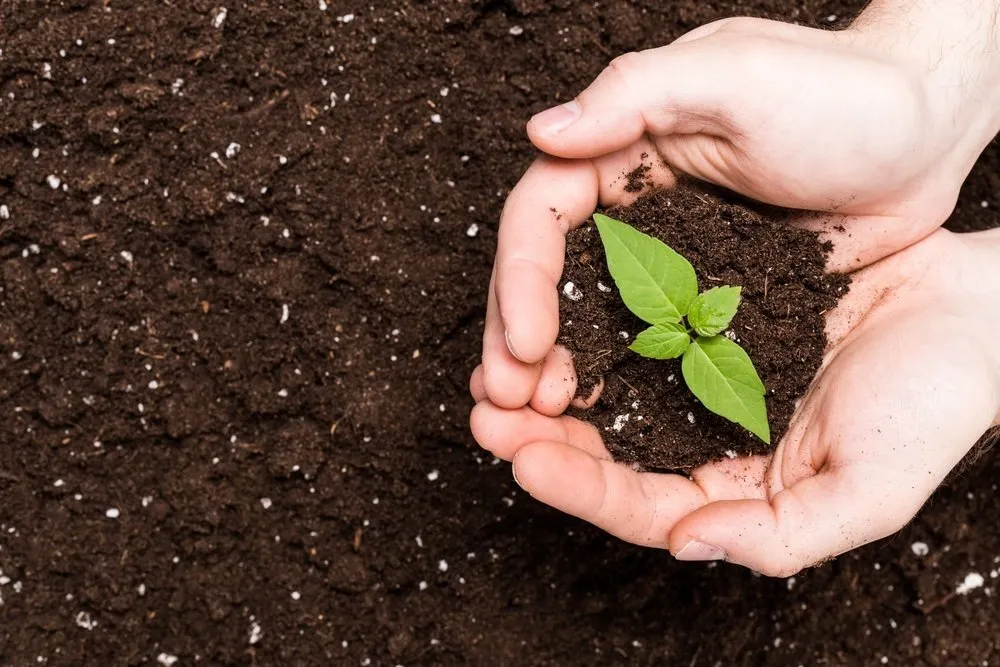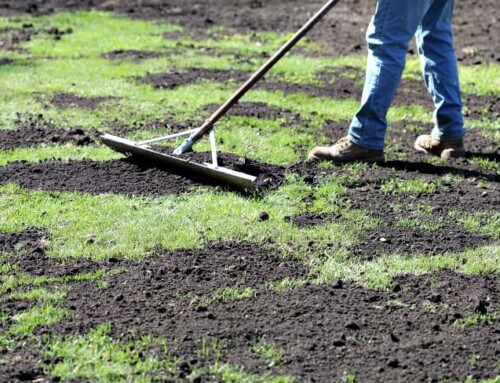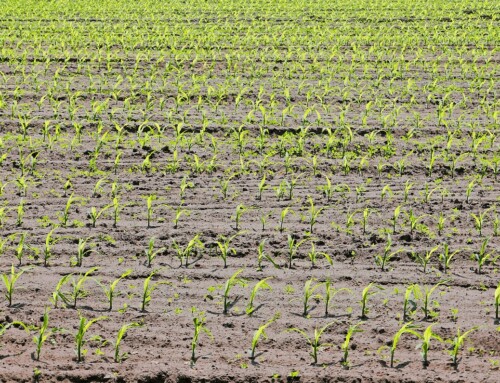Compost is a powerful tool for improving soil health, but not all compost is created equal. High-quality compost must be carefully monitored and tested to ensure it meets nutritional, microbial, and safety standards. Without proper quality control, compost can contain contaminants, imbalanced nutrients, or fail to provide the expected benefits to crops and landscapes.
At Veransa, we believe that rigorous testing and monitoring are essential to delivering a consistent, high-performance soil amendment. Here’s why compost quality assurance matters and how it benefits end-users.

The Role of Testing in Producing Reliable Compost
1. Ensuring the Right Carbon-to-Nitrogen (C:N) Balance
A compost’s effectiveness depends largely on its carbon-to-nitrogen (C:N) ratio. Too much nitrogen can lead to excessive ammonia release, while too much carbon can slow decomposition. Testing ensures that compost maintains a balanced 20:1 to 25:1 ratio, making it ideal for nutrient cycling and soil enrichment.
2. Screening for Contaminants and Pathogens
High-quality compost should be free from heavy metals, synthetic chemicals, weed seeds, and harmful pathogens. Advanced screening techniques help identify and eliminate potential risks, ensuring that the final product is safe for organic farming, landscaping, and soil rehabilitation.
3. Monitoring Microbial Activity for Soil Health
Beneficial microbes such as bacteria, fungi, and protozoa play a crucial role in compost’s ability to enhance soil structure and fertility. Testing measures microbial diversity to confirm that the compost supports a thriving soil ecosystem, helping crops grow stronger and more resilient.
4. Temperature and Maturity Testing
Properly cured compost undergoes controlled heating to eliminate harmful pathogens while preserving beneficial organisms. Monitoring temperatures throughout the composting process ensures that each batch meets industry standards for stability and maturity before being distributed to farmers and landscapers.
The Benefits of High-Quality Compost for End-Users
When compost is thoroughly tested and produced under strict quality controls, end-users reap significant benefits, including:
✅ Improved Soil Health – Reliable compost enriches soil with stable organic matter, boosting water retention, aeration, and structure.
✅ Consistent Nutrient Availability – Tested compost delivers a predictable slow-release nutrient supply, reducing dependence on synthetic fertilizers.
✅ Better Plant Growth & Yield – High-quality compost ensures optimal microbial balance, supporting healthier and more productive crops.
✅ Environmental Protection – Stringent testing prevents the introduction of contaminants or invasive weed seeds, protecting ecosystems.
How Veransa Sets the Standard in Compost Quality
At Veransa, we go beyond basic composting practices to ensure every batch meets the highest industry standards. Each stage of the process—from raw material selection to final product testing—is carefully monitored. Our compost is also third-party tested monthly under the Seal of Testing Assurance (STA) Program, verifying its quality and consistency.
Reliable Compost for a Sustainable Future
Whether you’re a farmer, landscaper, or soil manager, using tested and certified compost guarantees better results and long-term soil health. Investing in quality compost means investing in stronger plants, healthier soils, and a more sustainable future.
Learn how quality assurance impacts agriculture at www.veransa.com.



